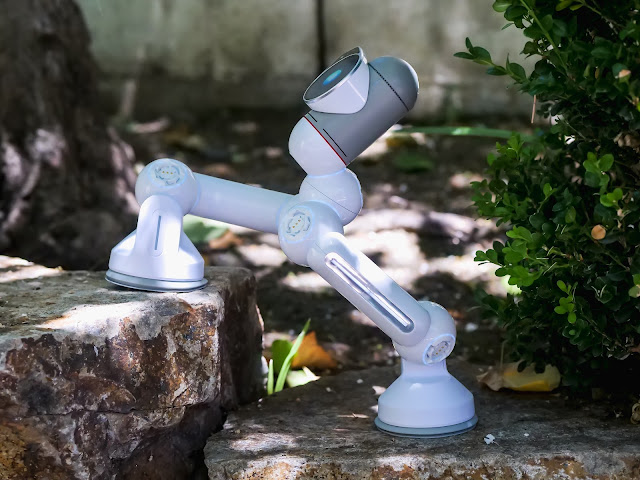Data and efficient use of technology are helping fuel a sustainable future. AI has proven essential in reducing greenhouse gas emissions, improving agricultural yields, predicting environmental disasters, and much more.
According to Harvard Business Review, data and AI play an essential role in environmental projects because of the ability to capture insights in real-time and turn that information into practical applications.
Precision Agriculture
Agriculture is the most widespread land use, with cropland covering 1.6 billion hectares or 24% of the Earth's total land area. More than one-third of all farmland is tilled annually to maintain soil health and prevent erosion.
Precision agriculture - using data to map fields and identify areas needing attention - can reduce tillage by up to 80%. It also can increase yields by up to 10%, which reduces inputs such as fertilizers, pesticides, water, and fossil fuels.
Weather And Disaster Prediction
Weather forecasting is one of the most practical applications of AI, using data to predict when storms will hit, how strong they'll be, and what areas will be impacted. This information can help officials make more informed decisions about evacuating an area or distributing resources where they'll do their best.
It's also been critical in disaster relief efforts: after Hurricane Maria hit Puerto Rico in 2017, researchers at the University of Puerto Rico built a system that used artificial intelligence to estimate damage based on satellite imagery - something that would have been impossible without sophisticated machine learning models.
And when Typhoon Mangkhut hit Hong Kong last year, AI-based flood predictions helped authorities evacuate people before their homes were flooded. Data scientists are also finding ways to use machine learning for climate change adaptation.
Renewable Energy
AI, data, and renewable energy are the key elements of a sustainable future. AI is used to help manage both data and energy supply. Data provides the information needed to make informed decisions, while renewable energy supplies the power.
These three technologies enable precision agriculture, enhanced weather prediction, disaster response, and much more.
The Internet Of Things (IoT)
It's estimated that in 2020, there were more than 26 billion connected devices. In other words, we're talking about a network of trillions of connections. This is the Internet of Things (IoT). These connected devices collect a lot of data, and it's all potentially beneficial to the environment.
Water is one area where IoT has proven especially effective-saving both water and power. For example, suppose your state has mandated limits on watering your lawn during peak hours. In that case, your innovative sprinkler system could automatically turn off at the appropriate time when there's still enough moisture in the soil for plants to grow.
Another big way that IoT can help save water? Agricultural irrigation. When farms use automated irrigation systems, they reduce their water usage by 30%. That saves money - which means there are fewer financial barriers to adopting sustainable farming practices.
There's no shortage of ways data analytics can aid our efforts to protect the environment. One study found that installing sensors in coal mines and oil refineries cut down sulfur dioxide emissions by 67%.
AI enables precision agriculture, enhanced weather, disaster prediction and response, and much more - all with benefits for the planet and humans living here. The key is leveraging the right tools, so we don't just talk about sustainability but actually put it into practice.
Artificial Intelligence (AI) Application In The Farming Industry
AI-powered farming offers many benefits. Farmers can use it to maximize crop production, reduce waste, optimize resources, and more. This technology is also becoming available to small-scale growers.
With the help of AI, even the smallest farms can tap into valuable market opportunities.
How Farmers Use Data To Enhance Their Business Performance
Farmers use data to enhance their business performance. Data is a crucial element of precision agriculture, which has helped farmers conserve water, reduce fertilizers and pesticides, and increase yields. Farmers use data to understand soil conditions to better manage crop health.
They also have access to weather forecasts through mobile apps that help them prepare for storms, floods, or droughts. The more data a farm has on its soil and climate, the better it can adapt to changing conditions to be sustainable in the future.
